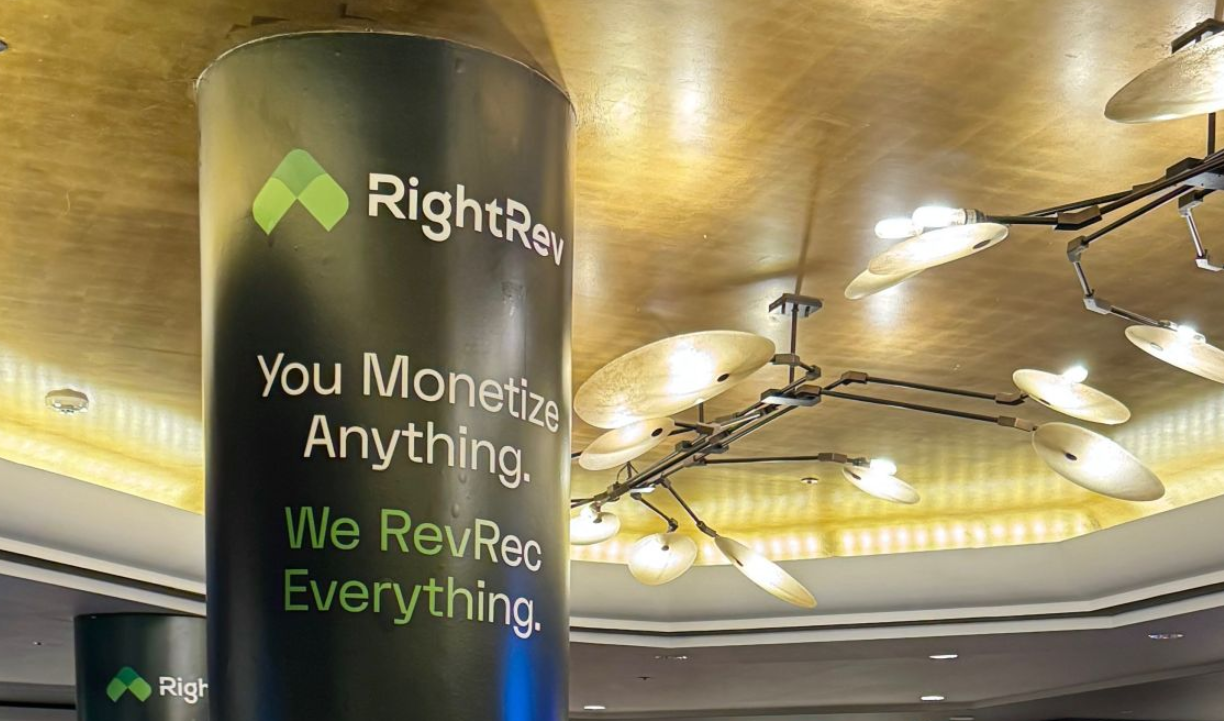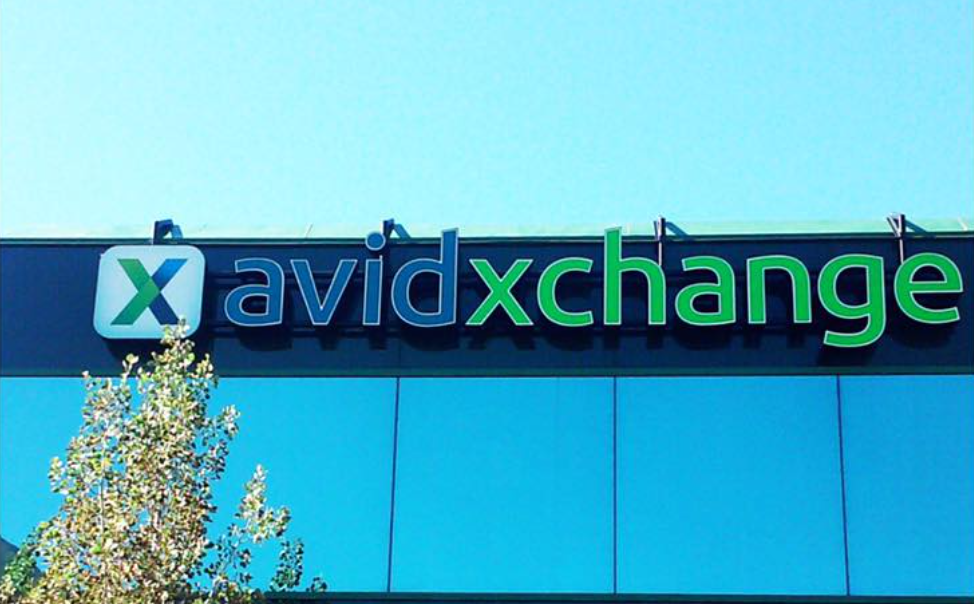By Intuit Accountants Team.
On April 22, 2022, the United States and much of the world will mark the 52nd celebration of Earth Day, a day set aside each year to promote environmental protection. Americans often commemorate Earth Day by planting a tree or participating in an environmental cleanup. However, there are some longer-lasting things that can be done to protect the environment—and they can often be done in a tax-wise way.
Contribute
One way to aid the environment is to put your money where your mouth is by contributing to environmental charities. Clients who itemize can generally claim deductions for contributions of cash or property to environmental organizations. In the case of large donations, the deduction is limited to a percentage of the client’s contribution base (generally, adjusted gross income).
The percentage deduction varies depending on the type of charity—however, for 2022, the percentage limit is 60% for most cash contributions by individuals [Code Sec. 170(b)(1)]. Contributions of $250 or more must be supported by a contemporaneous written acknowledgement from the charity.
The value of services performed for a charity is not deductible. However, your clients can claim a deduction for unreimbursed out-of-pocket expenses incurred in performing those services [Reg. Sec. 1.170A-1(g)].
Whether a client has a favorite environmental charity or uses an internet search tool to identify a contribution candidate, you can check out the organization’s eligibility for charitable contributions using the IRS’s Tax Exempt Organization Search Tool.
Drive
According to the EPA, the average individual’s biggest impact on the environment comes from driving—especially when driving a vehicle powered by fossil fuel. One way for your clients to cut down their environmental impact is to switch to an alternative fuel vehicle, such as a plug-in electric vehicle. And, here again, they can qualify for tax breaks.
The tax law provides a credit for new Qualified Plug-In Electric Drive Motor Vehicles, including passenger cars and light trucks [Code Sec. 30D]. The maximum credit is $7,500: that’s $2,500 plus $417 for a vehicle that uses a battery with at least 5 kilowatt hours of capacity, plus an additional $417 for each kilowatt hour of battery capacity over five. However, the credit begins to phase out for a car manufacturer’s vehicles when the manufacturer has sold 200,000 qualifying vehicles for use in the United States. The IRS maintains a list of qualifying vehicles and credit amounts on its website.
Improve
Some relatively small home improvements can result in large energy savings—new insulation or replacement windows, for example. However, tax credits for those types of improvements have been an on-again, off-again proposition that most recently expired at the end of 2021 [Code Sec. 25C].
On the other hand, clients who are willing to undertake more major improvements can still cash in on tax breaks. The residential energy efficient property (REEP) credit provides tax credits to homeowners who install qualified solar electric property, qualified solar water heating property, qualified fuel cell property, qualified small wind energy property, and qualified geothermal heat pump property in their homes.
The REEP credit was most recently extended through 2023, subject to a phase-down of the credit percentage from 30% of qualifying expenditures to 26% for 2020 through 2022, and 22% for 2023 [Code Sec. 25D as amended by P.L. 116-260].
Investigate
Incentives for energy-saving improvements are not the exclusive province of the federal government. Tax credits, rebates, and other savings may be available from a client’s state or local government. Clients can check for available federal and state benefits on the Database of State Incentive for Renewables & Efficiency. The database is maintained by the North Carolina Clean Energy Technology Center at North Carolina State University, and is funded by the U.S. Department of Energy.
=========
The Intuit® Accountants team provides Intuit ProConnect™ Tax, Lacerte® Tax, ProSeries® Tax, and add-on software and services to enable workflow for its customers. Visit us at https://proconnect.intuit.com, or follow us on Twitter @IntuitAccts.
Thanks for reading CPA Practice Advisor!
Subscribe Already registered? Log In
Need more information? Read the FAQs
Tags: Benefits




